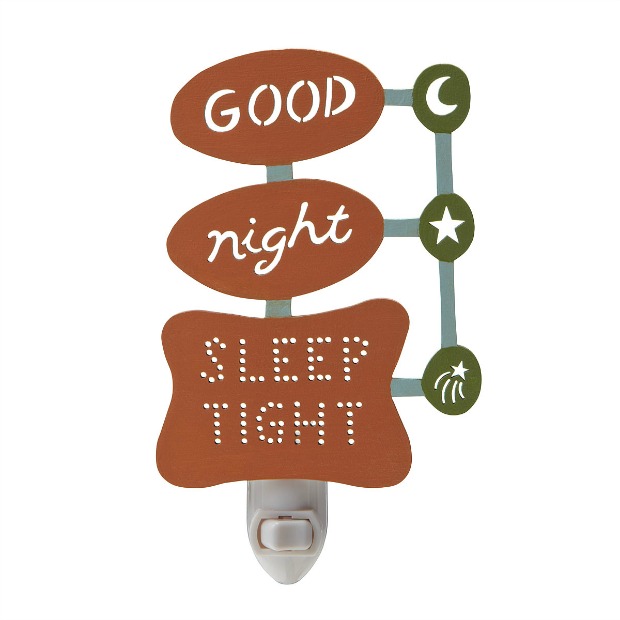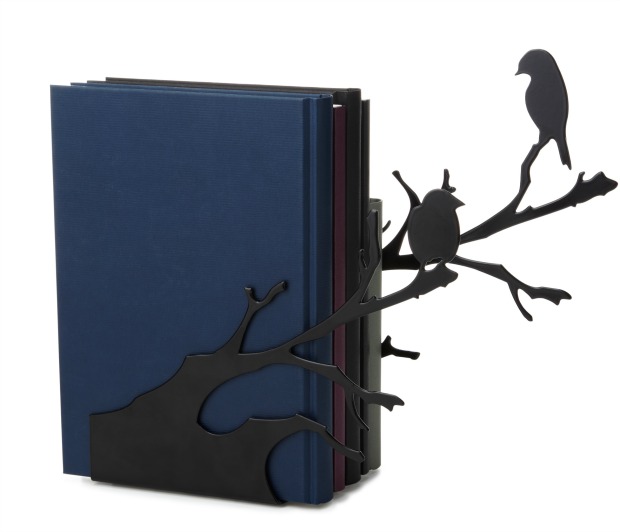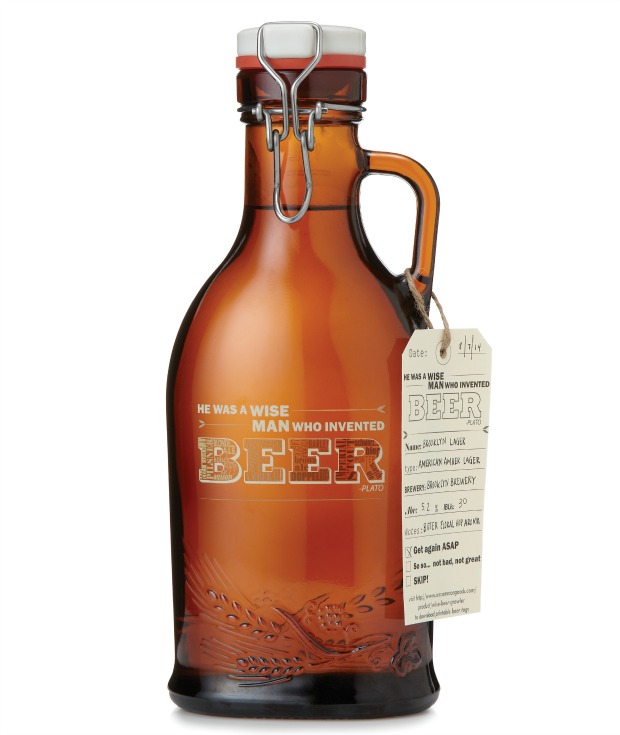
Considering the fact that it’s connected to your brain by a nerve that handles all things “anxious feelings,” yeah. The vagus nerve, also known as the “wandering nerve,” has multiple branches that go from the brain’s cerebellum, lightly touches your heart, then finds it final destination at the lowest part of your abdomen—those gut feelings you get about a bad date or that questionable job offer. The vagus nerve is constantly sending updated sensory information about the body’s organs to your brain, meaning gut instincts are literally emotional intuitions that are transferred up to your brain—jury’s still out on what happens when you have a bad feeling about something AND indigestion. That might call for a sick day.
Molecular Gastronomy Kit – Cuisine |$49.00 – 65.00







